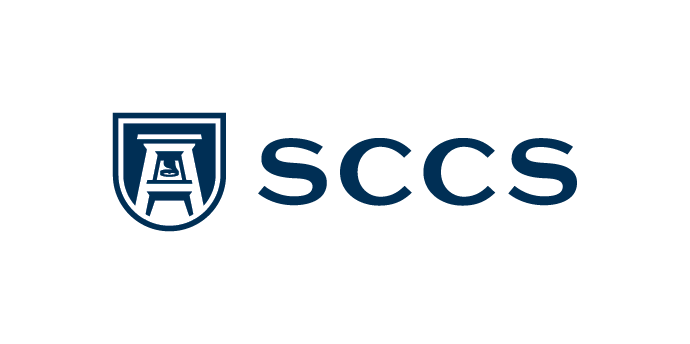RustBelt: Logical Foundations for the Future of Safe Systems Programming
by Derek Dreyer
- When: Friday, 12/04/2020, between 1pm and 2pm, EST
- Where: Zoom; Outside guests please RSVP by emailing Harley Eades
- YouTube Recording: https://youtu.be/U52dDRBzfw8
Abstract
Rust is a new systems programming language, developed at Mozilla, that promises to overcome the seemingly fundamental tradeoff in language design between high-level safety guarantees and low-level control over resource management. Unfortunately, none of Rust’s safety claims have been formally proven, and there is good reason to question whether they actually hold. Specifically, Rust employs a strong, ownership-based type system, but then extends the expressive power of this core type system through libraries that internally use unsafe features.
In this talk, I will present RustBelt (http://plv.mpi-sws.org/rustbelt/), the first formal (and machine-checked) safety proof for a language representing a realistic subset of Rust. Our proof is extensible in the sense that, for each new Rust library that uses unsafe features, we can say what verification condition it must satisfy in order for it to be deemed a safe extension to the language. We have carried out this verification for some of the most important libraries that are used throughout the Rust ecosystem.
After reviewing some essential features of the Rust language, I will describe the high-level structure of the RustBelt verification and then delve into detail about the secret weapon that makes RustBelt possible: the Iris framework for higher-order concurrent separation logic in Coq (https://iris-project.org/). I will explain by example how Iris generalizes the expressive power of O’Hearn’s original concurrent separation logic in ways that are essential for verifying the safety of Rust libraries. I will not assume any prior familiarity with concurrent separation logic or Rust.
This is joint work with Ralf Jung, Jacques-Henri Jourdan, Robbert Krebbers, and the rest of the Iris team.
Bio
Derek Dreyer is a professor of computer science at the Max Planck Institute for Software Systems (MPI-SWS) and Saarland Informatics Campus, and recipient of the 2017 ACM SIGPLAN Robin Milner Young Researcher Award. His research concerns the development of rigorous, machine-checked formal foundations for modern programming languages, with an emphasis on compositional reasoning techniques such as type systems and separation logic. His research currently focuses on two projects: Iris, a framework for higher-order concurrent separation logic implemented in the Coq proof assistant and deployed in a wide variety of projects in both academia and industry, and RustBelt, a major verification effort to formally define and prove safety of the Rust programming language. He also knows a thing or two about Scotch whisky.

